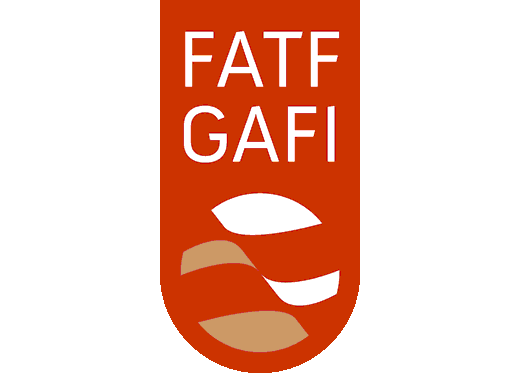-

17 February, 2014
On 9-14 February 2014, Paris hosted meetings of expert and working groups as well as the Plenary session of the Financial Action Task Force (FATF), attended by representatives of member states of the Eurasian Group on Combating Money Laundering and Financing of Terrorism and the EAG Secretariat.
During the plenary week, FATF member states approved the common Mutual Evaluation Procedures, drafted on the basis of the adopted in October 2013 procedures for holding the 4th round of mutual evaluations and applicable to all evaluators (FATF, FSRBs, IMF and World Bank).
In the course of the discussion by the ICRG of Kyrgyzstan report, participants praised Kyrgyzstan for its progress in the implementation of the Action Plan to address the strategic shortcomings in the national AML/CFT system, prepared jointly with the FATF, and voted in favor of sending to Kyrgyzstan a FATF verification mission as part of the procedure for the termination of FATF monitoring in respect of that country (removal from the so-called "gray list").
Participants noted Tajikistan success in the implementation of the joint with the FATF Action Plan and highlighted the need for clarification and modification of some of its items.
Following a review of progress made by some other states in the implementation of their action plans in the period from October 2013, Kenya and Tanzania were removed from FATF black list. Thus, instead of 15 jurisdictions (February 2013), this list now contains 11 countries: Yemen, Indonesia, Iran, North Korea, Myanmar, Nigeria, Pakistan, Syria, Turkey, Ecuador and Ethiopia.
The Plenary also saw the defending by Australia, Austria, Argentina, Aruba, Iceland, Luxembourg, Mexico, Netherlands, USA, Turkey and Japan of their follow-up reports.
During a review of Turkey follow-up report (EAG observer), participants pointed out at the deficiencies still existing in respect of Special Recommendation III, in particular, the absence of the elements necessary for the implementation of an effective mechanism for freezing of terrorist assets.
The Plenary extended the mandate of the FATF Expansion Task Force (Mexico, Canada, China, Russia, USA, France and South Africa), established in February 2013, until June of this year, which is necessary to complete the development of the FATF strategy for admission of new members.
During a meeting of the Policy Development Group (PDG), participants heard the results of a survey of FATF and FSRB member states related to a study dedicated to effective oversight and enforcement, launched late last year. Participants instructed the responsible persons to prepare a document defining the concept of further work in this area for presentation at the next Plenary.
One of the issues discussed during the plenary week was the effective application of FATF standards in respect of procedures for the establishment of beneficial owners, as well as the work relating to the study of virtual currencies.
It is worth noting consensus in the international community with regard to the growing popularity of virtual currencies. At a meeting of the Risks, Trends and Methods Group (RTMG), participants held a discussion on this issue.
In addition, work dedicated to the implementation of the FATF Russian presidency initiative concerning the detection and subsequent blocking of illicit financial flows from the production and trafficking of Afghan drugs was continued during the plenary week.
During the Plenary, EAG Chairman Dr. K P. Krishnan (India) held a series of bilateral meetings with heads of delegations of EAG member states and several international organizations.
Also during the Plenary, the EAG joined UN CTC initiative for targeted financial sanctions.
At a meeting of the FATF Global Network Coordination Group, the EAG Secretariat joined the efforts to establish a system for proliferation of FATF and FSRB documents.

 Login to your account
Login to your account Eng
Eng Рус
Рус